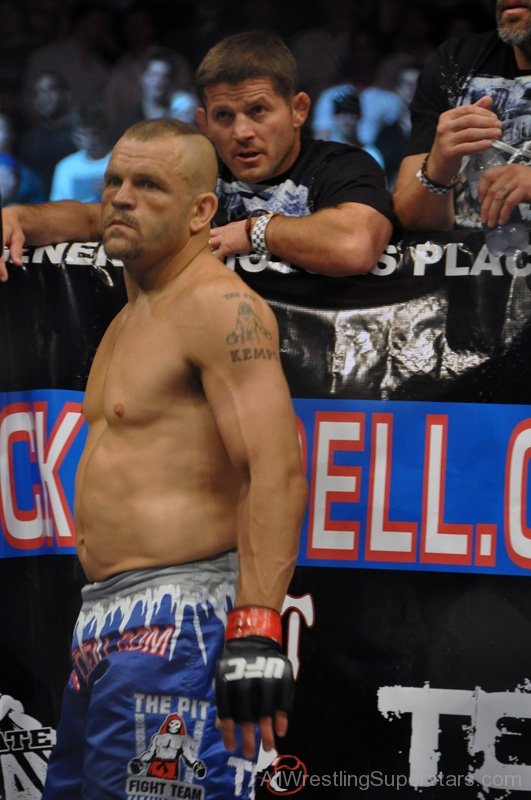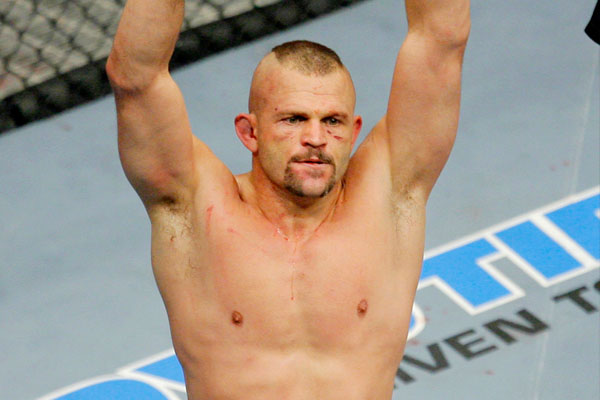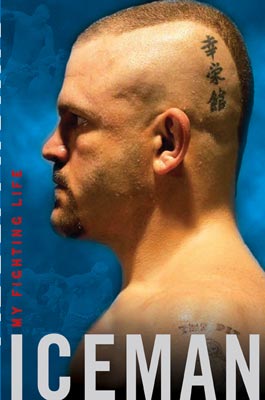

People think once you get to the UFC you’re made for life. Seery revealed in 2017 that “there are only a handful of people that make enough money to live like a superstar all year long in MMA.

Retired UFC flyweight Neil Seery, who worked full-time as a warehouse manager in Dublin during his UFC career, sums up the situation well. Timothy Johnson, Sarah Moras and Paul Felder have opened Go Fund Me pages despite being several fights into their UFC careers, while Jessica Andrade recently sold her own UFC gear to cover her expenses. Fighters such as Lauren Murphy, Nina Ansaroff, Zak Cummings, and James Krause were forced to resort to public fundraising campaigns to cover the expenses incurred during their UFC debuts.


Although the UFC was sold for more than $4bn in 2016, dozens of its current fighters are struggling to stay afloat. Canadian lightweight TJ Grant went from UFC title contender to working in a potash mine in Saskatchewan after suffering a concussion that put an end to his fighting career. Ultimate Fighter veteran Bubba McDaniel started a Go Fund Me to cover funeral expenses for his infant son’s death. John Alessio had a stint as an Uber driver before becoming a police officer in Las Vegas. While Liddell does not explicitly admit that financial strife pushed him out of retirement – he recently said it was about his “personal journey” – if money troubles were in play it would mirror the plight of fighters struggling to make ends meet following successful UFC careers. The arrangement lasted until WME-IMG purchased UFC in 2016, at which point he no longer had a steady income. So why was a man who will turn 50 next December still fighting? Yahoo Sports reported that Liddell “ needs the money” yet when he retired in 2010, he was promised a lifetime position with UFC as an executive.


 0 kommentar(er)
0 kommentar(er)
